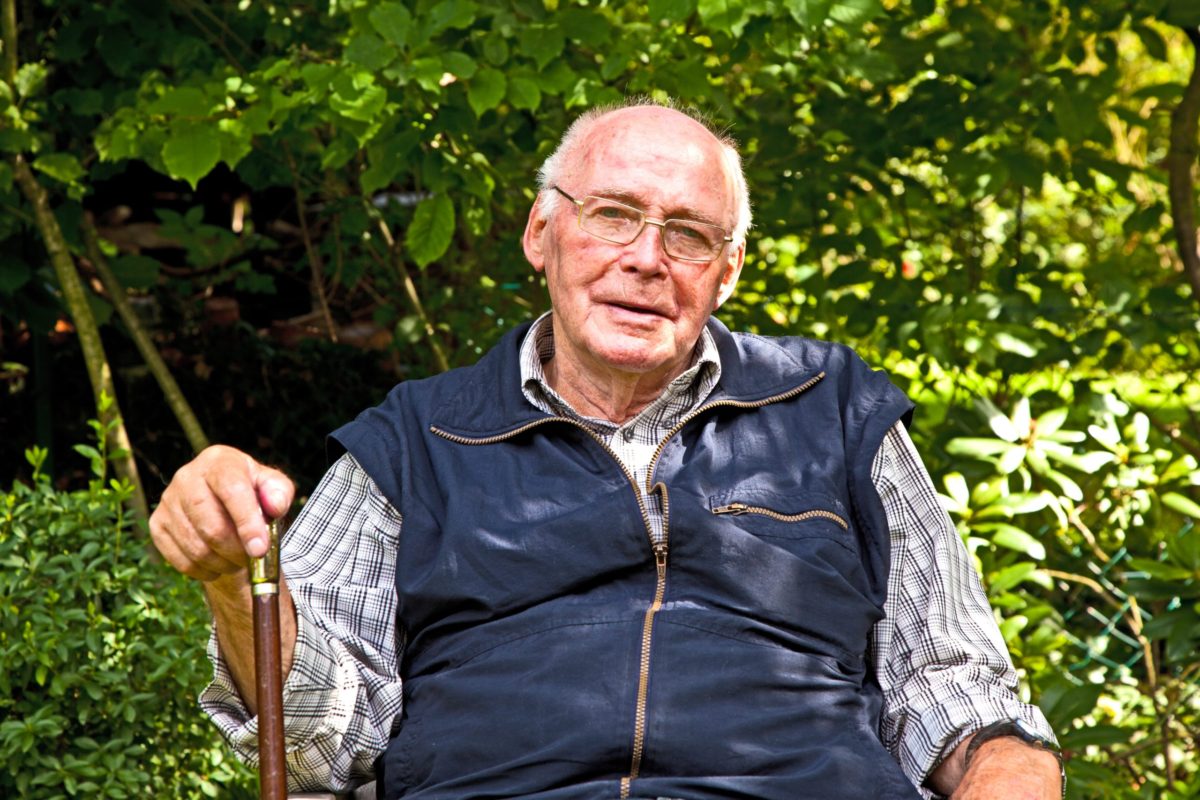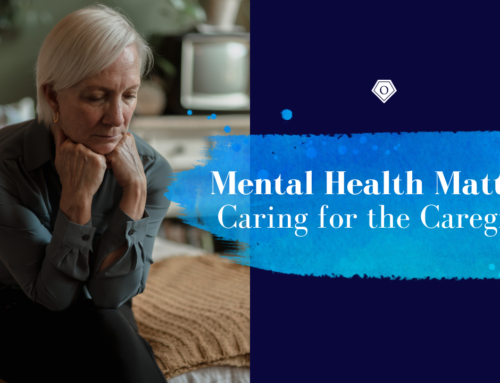Seniors are prone to eye disorders, so exams are crucial. Problems develop painlessly and have no symptoms and individuals may not notice changes in their vision.
Seniors and Vision Loss: How to Adapt to Changes in Sight
The importance of sight exams
Getting an annual eye exam is important for people of all ages, but especially for older individuals. Senior citizens are more prone to eye disorders such as glaucoma, cataracts and macular degeneration than younger people. Early detection is critical with these three diseases.
Age-related eye problems can develop painlessly and have no early symptoms. Individuals may not even experience changes in their vision until the condition has become more advanced.
Annual eye exams help seniors keep regular tabs on their eye and overall health. Eye exams can also uncover other potential health problems such as artery blockages, hypertension, high cholesterol and diabetes.
How Loss of Sight Impacts Driving
Age-related vision changes and eye diseases can negatively affect driving abilities, even before an individual notices any symptoms.
Age-related vision changes that affect seniors’ ability to drive:
- Not being able to clearly see road signs
- Difficulty seeing objects up close, like the car instrument panel or road maps
- Difficulty judging distances and speed
- Changes in color perception
- Problems seeing at night or in low light
- Difficulty adapting to bright sunlight or glare from headlights
- Experiencing a loss of side vision
How loss of sight impacts hygiene
Loss of vision can impact all areas of one’s life, including day-to-day activities and personal hygiene. There are things caregivers can do to help seniors who have experienced vision loss.
Tips for helping visually impaired seniors with hygiene:
- Mark their toothbrush with a tactile or contrasting-colored tag so it’s easily distinguishable.
- Move hygiene products to pump packs that squeeze out pre-measured amounts.
- Put shampoo and conditioner in different colored or shaped bottles so they are easy to identify.
How loss of sight can be dangerous
Vision loss can be dangerous for seniors and can affect other areas of their life. The CDC estimates that about 1.3 million older, vision-challenged Americans fell at least once in 2014. Since falling is among the leading injuries that sends seniors to the hospital, preventing falls is critical.
Help prevent falls when caring for someone who has low vision or blindness:
- Leave things as you found it in their home. If something has to be moved, tell them where you have moved it.
- Be careful when cleaning the house. Cords, wet floors and a mop and bucket are all potential hazards they could trip or slip over.
- Shut doors completely or leave them fully open. A half- open door is a hazard.
- Replace light bulbs to provide them with good lighting in all the rooms, staircases, closets
and hallways. - Declutter their home and help them dispose of items that are no longer meaningful or necessary.
- Have grab bars installed in stairways and bathrooms.
*Data and Information is from Clear Care.






